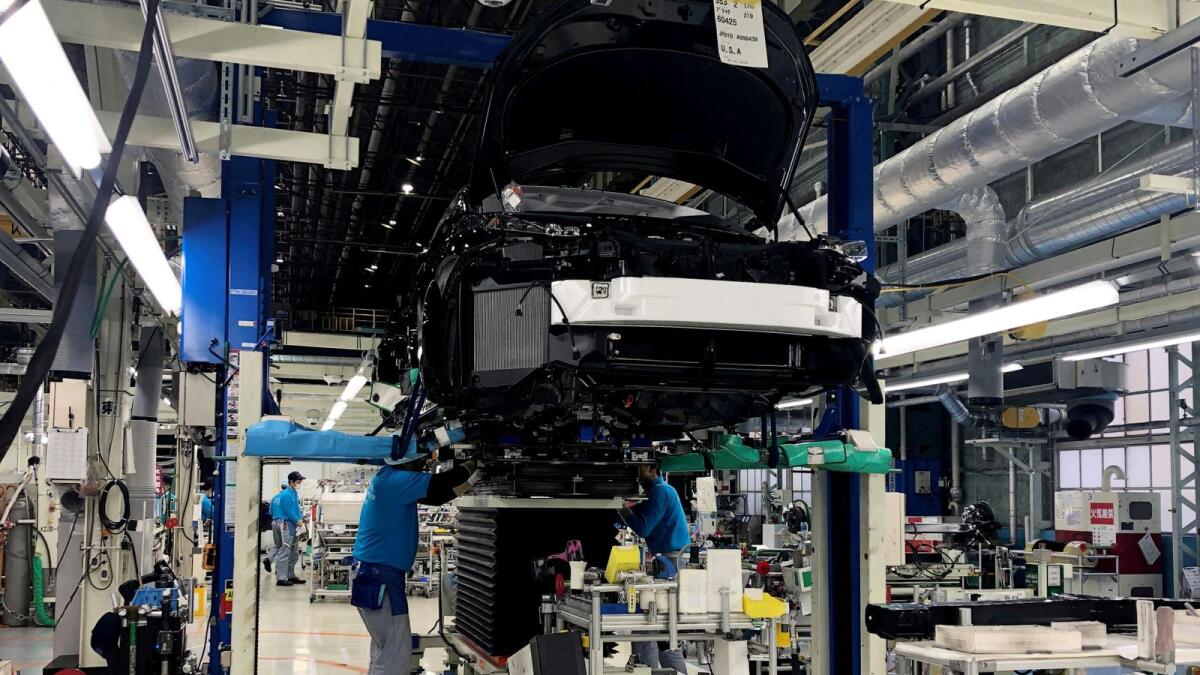German luxury carmaker BMW and Japan’s Toyota are collaborating to mass-produce BMW’s first hydrogen-powered car in 2028. Hydrogen has been considered as an alternative to combustion engines due to countries tightening their climate targets. The collaboration aims to develop a powertrain system for hydrogen passenger vehicles to reduce costs and bring the next generation of fuel cell technology to the roads. The models developed using this technology will retain their distinct brand identities.
Toyota was the first to launch the world’s first mass-market hydrogen fuel cell vehicle, the Mirai, in 2014. Sales of hydrogen vehicles, however, have stagnated at a few thousand units per year. BMW and Toyota share a passion for cars and a belief in technology openness and a multi-pathway approach to carbon neutrality. BMW plans to introduce its first hydrogen-powered model in 2028, following the testing of the BMW iX5 hydrogen concept car. The mass-produced model is expected to have a customer-attractive price.
While BMW is one of the few European carmakers working on hydrogen projects, most manufacturers are focused on battery-powered electric vehicles. Electric car demand in Europe has recently stalled due to dropped purchase incentives and high prices. Hydrogen cars work by combining the cleanest form of gas with oxygen in a fuel cell to generate electricity, emitting only water vapor as waste. Despite its environmental benefits, the technology faces major hurdles in going mainstream.
There were only 921 hydrogen refueling stations worldwide by the end of 2023, with China and Germany leading the way. The European Commission aims to ban sales of new petrol and diesel cars by 2035 and has ambitious goals to create a network of hydrogen charging stations. While hydrogen technology offers a promising alternative to combustion engines, the lack of infrastructure and high costs are challenges that need to be addressed for wider adoption. The collaboration between BMW and Toyota represents a significant step towards making hydrogen-powered vehicles more accessible in the future.











